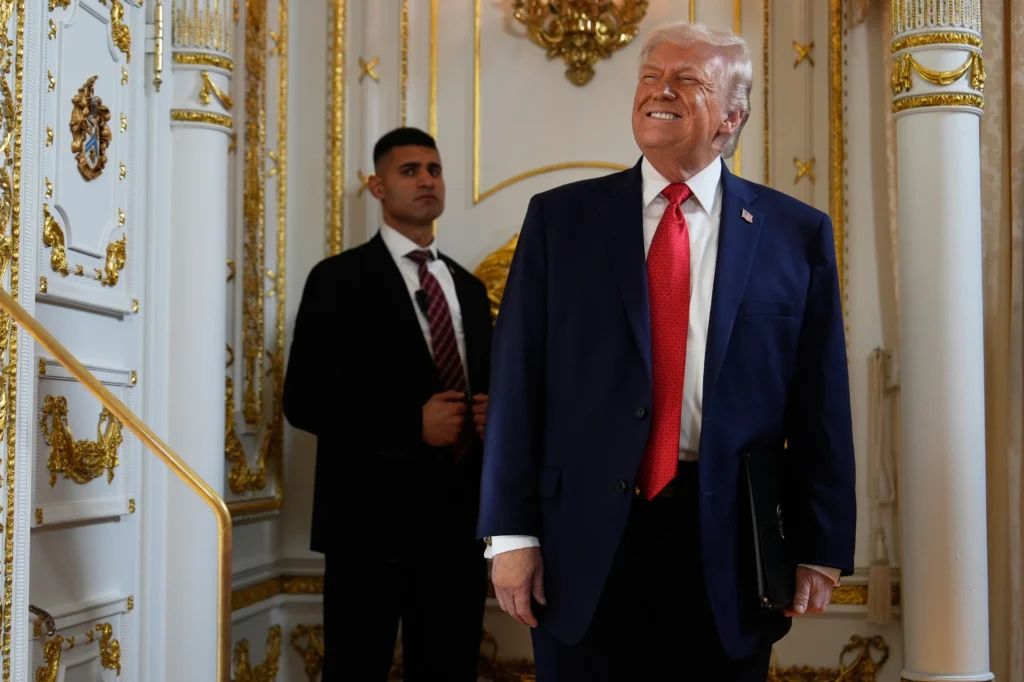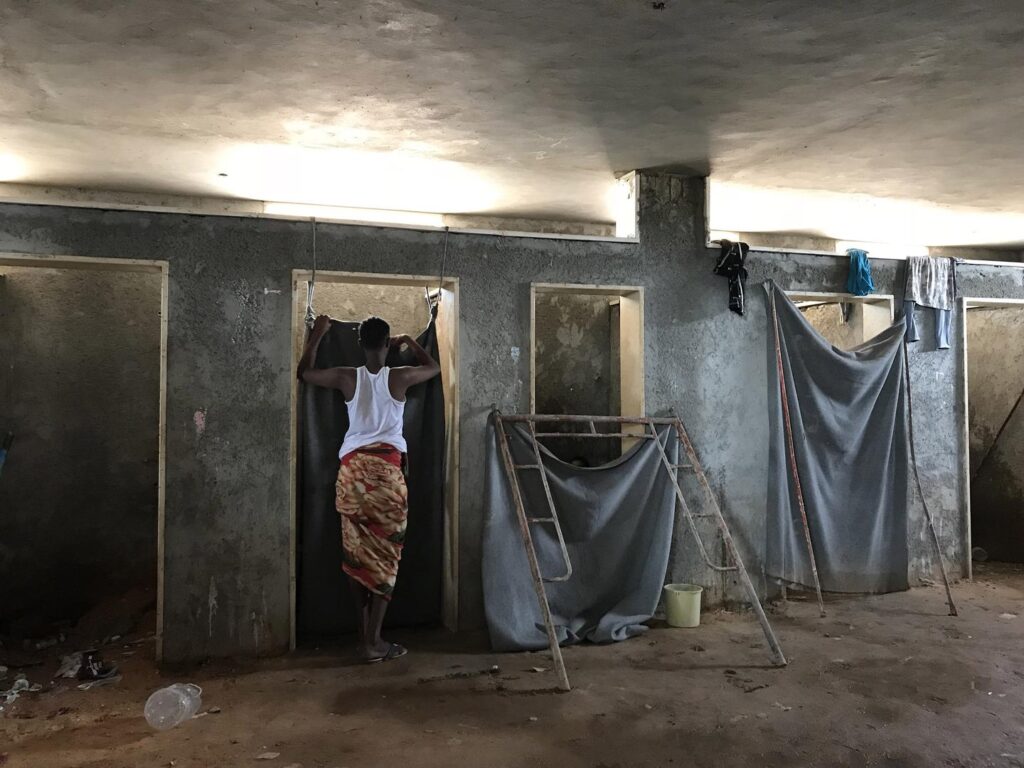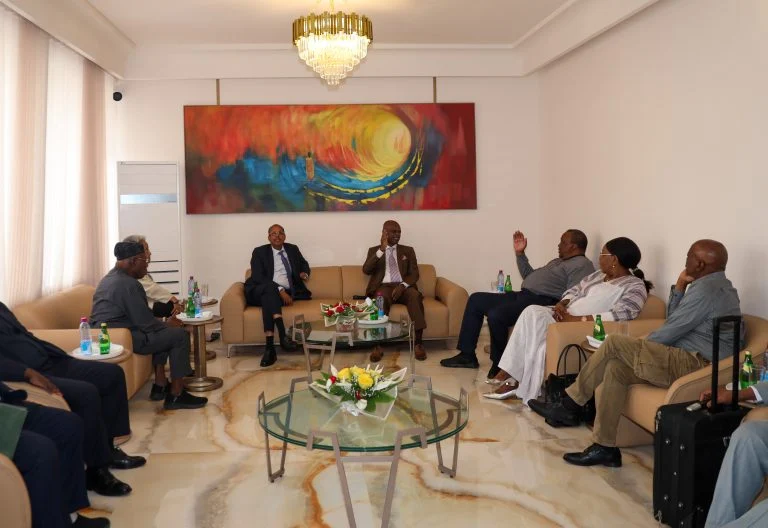
A fragile hope flickers in war-torn eastern Democratic Republic of Congo (DRC) as a two-week extension to the existing ceasefire takes hold.
The agreement, announced Friday by White House National Security Council spokesperson Adrienne Watson, marks a critical step towards potential long-term stability in the region.
The initial 72-hour ceasefire, brokered by the United States, was set to expire on Wednesday. However, its relative success in calming hostilities prompted both sides to agree on an extension running through December 28th.
This renewed commitment to peace offers a crucial window of opportunity for further de-escalation and constructive dialogue.
“The United States welcomes the two-week extension of the ceasefire in eastern Democratic Republic of Congo,” declared Watson in a statement.
“This additional step toward peace is a testament to the commitment by the parties to the conflict, as well as regional neighbors, to lower tensions.”
The ceasefire applies to both armed forces and non-state armed groups operating in key transit hubs within eastern DRC. This includes the withdrawal of forces from the locality of Mushaki and strategic positions along the RP1030 road and the N2 road.
Compliance with these terms will be closely monitored by the United States, leveraging its intelligence and diplomatic resources. This continued engagement underscores Washington’s commitment to supporting a peaceful resolution to the conflict, which has ravaged the region for years, displacing millions and sparking a humanitarian crisis.
The success of the ceasefire extension hinges on continued restraint and goodwill from all parties involved. The next two weeks offer a crucial window to address underlying grievances, build trust, and pave the way for more permanent peacebuilding efforts.
While challenges undoubtedly lie ahead, the renewed ceasefire offers a glimmer of hope for the people of eastern DRC. This fragile peace must be nurtured and strengthened, not only through continued diplomatic efforts but also through sustained international support for reconstruction, development, and the protection of human rights.
Only by addressing the root causes of the conflict and building a lasting peace can the people of eastern DRC truly turn the page on a dark chapter and embrace a brighter future.




